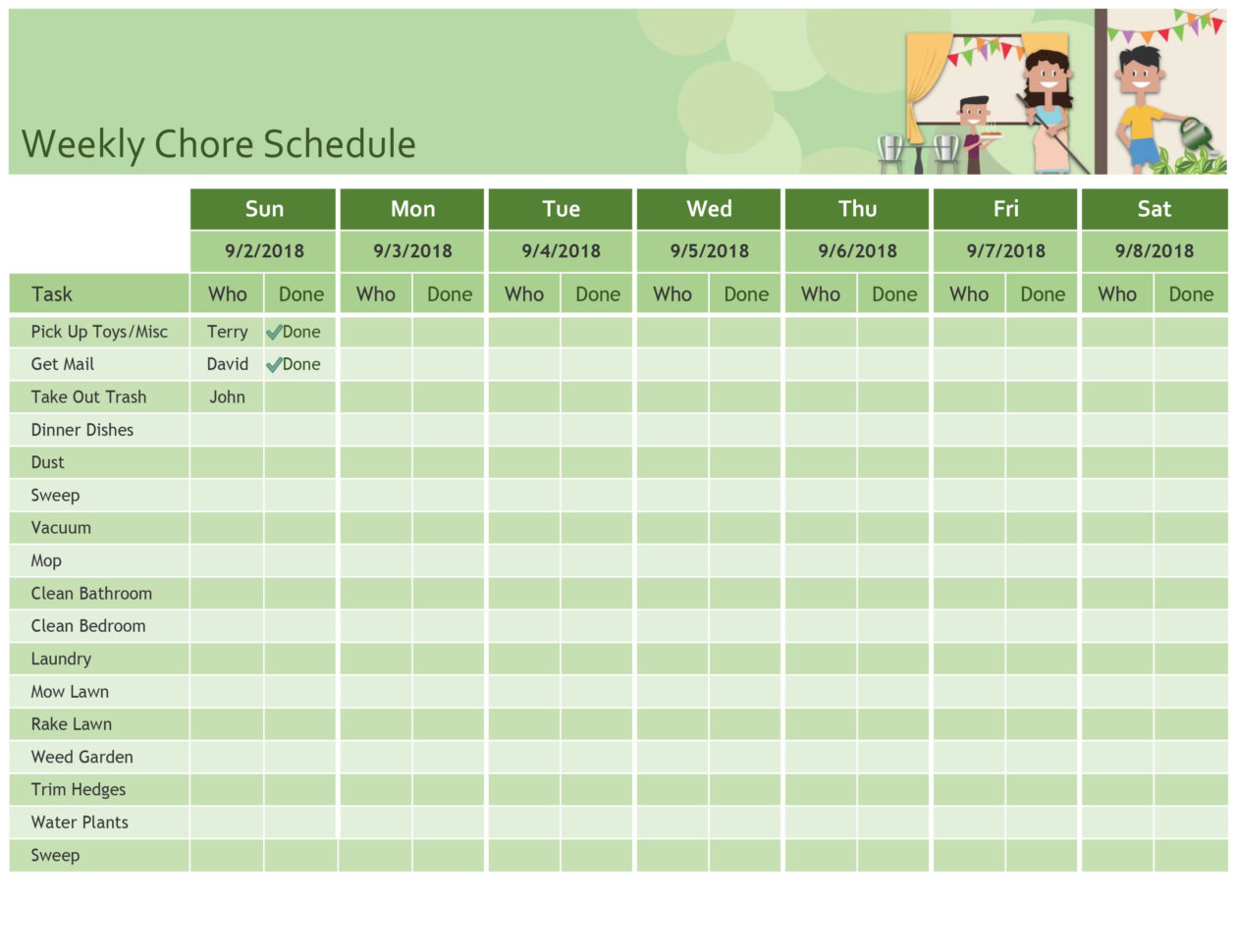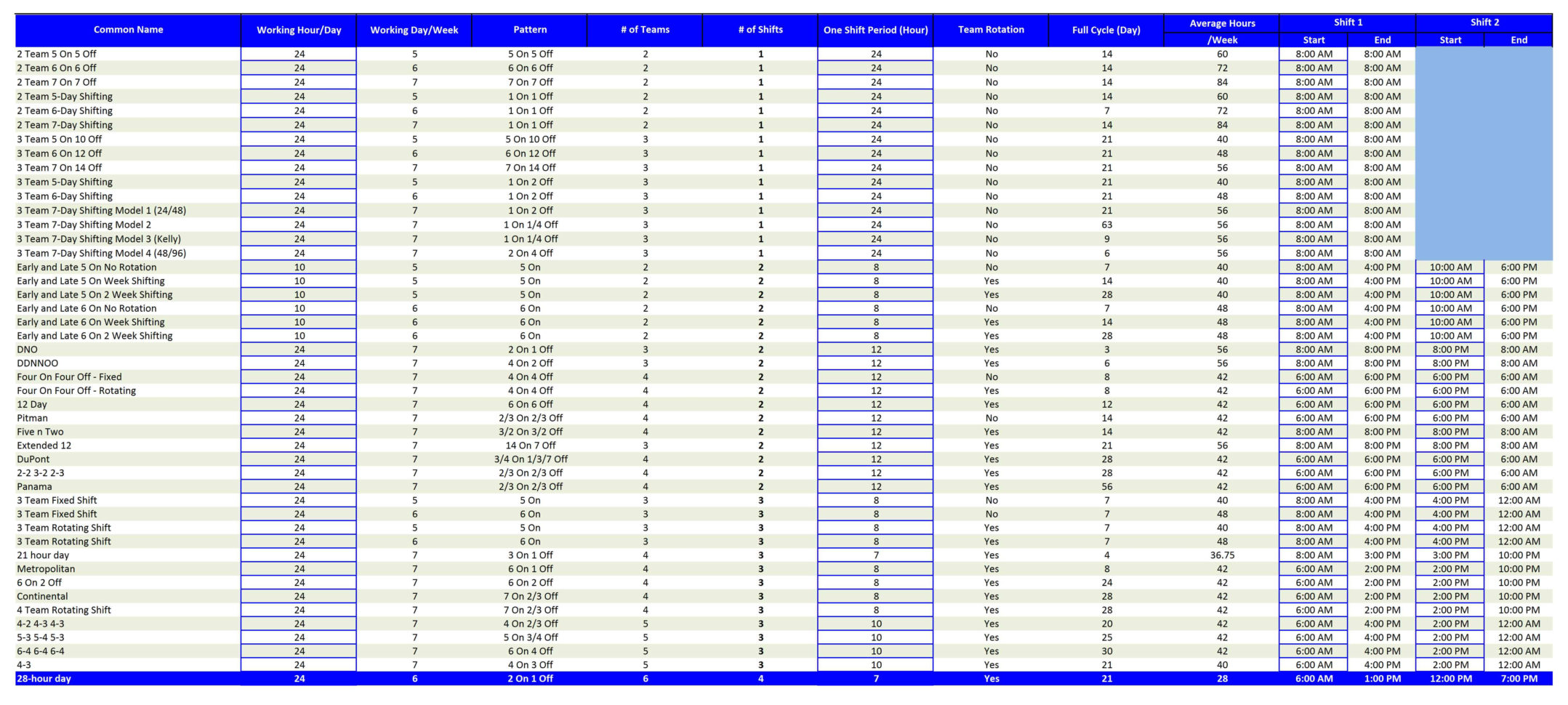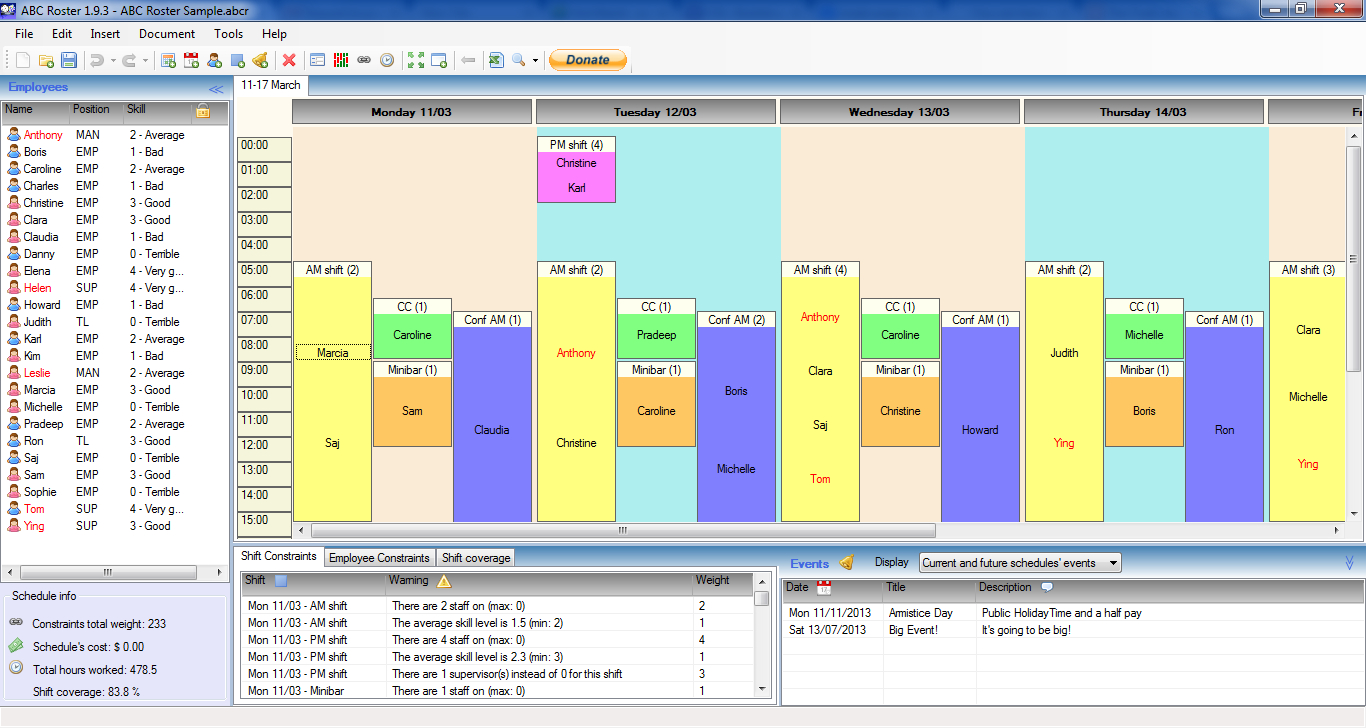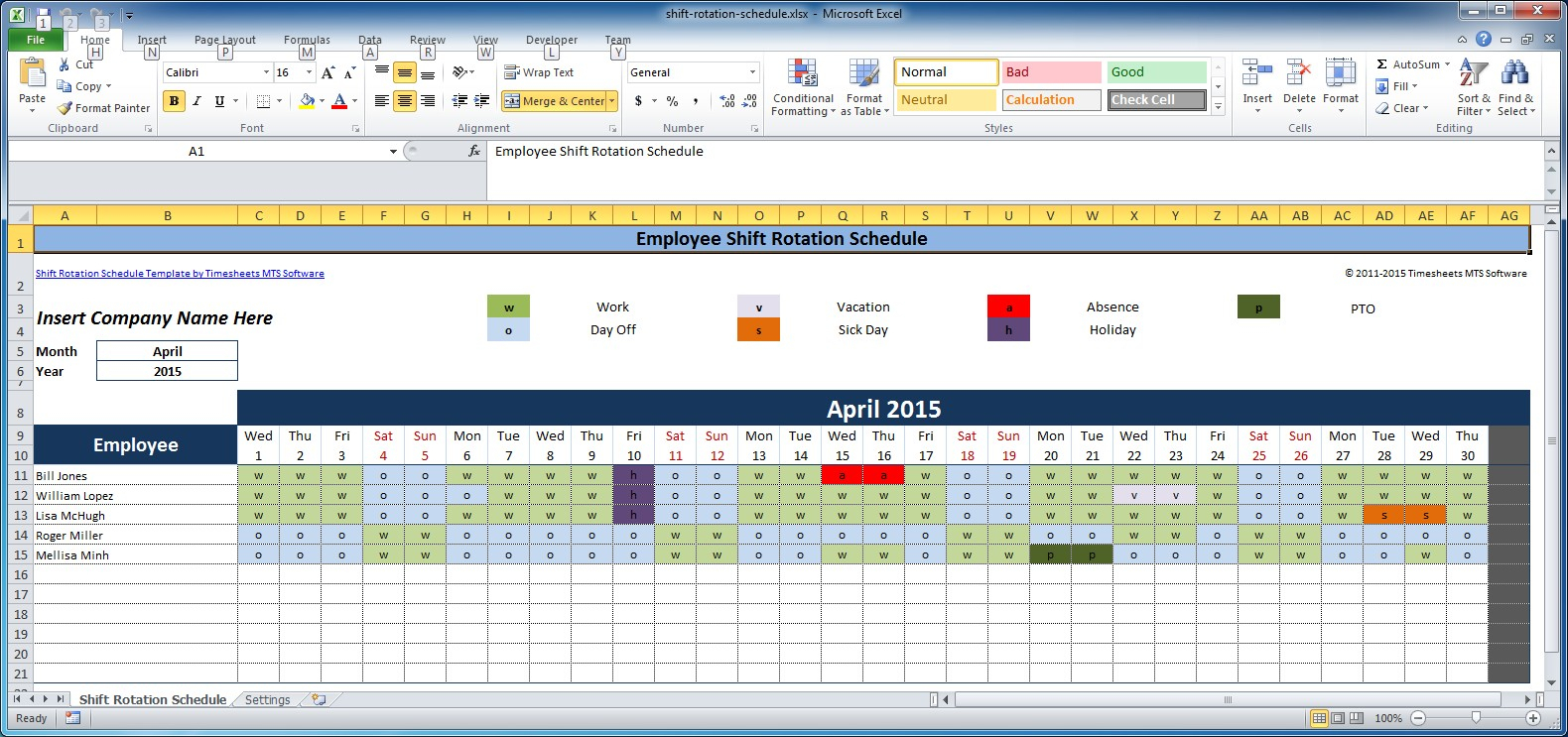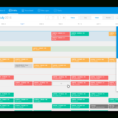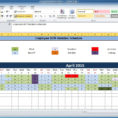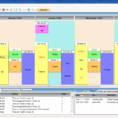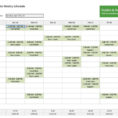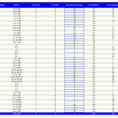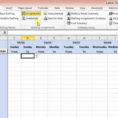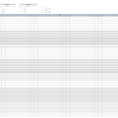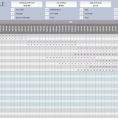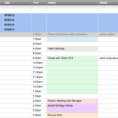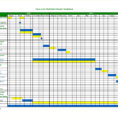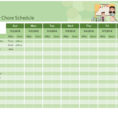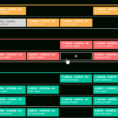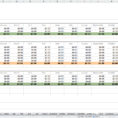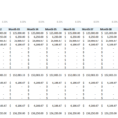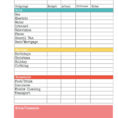Call center shift scheduling is one of the most essential duties and responsibilities that a call center management staff must maintain. To help ensure the efficient running of a call center, it is critical to make use of some effective and efficient tools for preparing and executing the system.
What’s more, this should be done from a systematic manner to guarantee a high efficiency rate. It’s important to note that certain methods can only achieve one goal at a time and hence can’t be taken as a whole. Fortunately, Excel sheet that is widely used as a training tool, spreadsheet, is one of the best tools for making shift scheduling easy.
One very important aspect is that the Excel worksheet needs to be maintained by the competent departments. An important point here is that the spreadsheet must be checked regularly to ensure that all the data that has been entered are accurate. Such tool can also prove to be very useful in troubleshooting the many systems that the business entity may encounter, in an effort to help them understand what caused the problem in the first place.
Call Center Shift Scheduling Excel Spreadsheet
Excel spreadsheet is known to be quite user friendly and hence is easy to be implemented by the novice. This helps keep the schedule in hand without any problems. For example, if there are discrepancies in data, it is possible to manipulate them using this tool. The details, such as time, date, individuals involved and the reason for the time change, can be easily extracted to check if the schedule of the specific call center has changed as a result of external factors.
In fact, there are several reasons why Excel spreadsheet should be utilized for shift scheduling. It enables the competent employees to come up with a better estimate of the workload they can accomplish in a day. Hence, this is definitely beneficial for both the client and the employee.
Another major advantage is that it is able to assist in planning the schedule in terms of how much time the person will spend on the selected task. As an example, if the schedule that has been chosen is the one that necessitates an individual to stay on for eight hours, the sheet is able to calculate the time that he will spend on the task. The spreadsheet can also be used to check if there are any discrepancies in the system. Once the data is collected, the chart can be updated or altered to reflect the revised schedule.
The most significant aspect of using an Excel sheet for shift scheduling is that it allows the employee to take into account what will be most efficient and the most helpful for the company as a whole. This is a very important feature that should be taken care of. To quote here an example, if a person is scheduled to work on Wednesday and it is then decided that the shift can be completed at 9 am the following day, he/she can actually work for the last few hours, provided that this is convenient and will not cause any damage to the company.
All of the changes can be entered into the Excel sheet as well. If there are certain time zones where the employee does not want to work, there can be an option to edit the sheet to take that into consideration. If the sheet is then modified, the spreadsheet will indicate it by default.
However, there are cases when a lot of information must be entered in the Excel sheet. This is, especially if the entire shift schedule needs to be processed and arranged.
The use of Excel is definitely beneficial, especially when there are a lot of data to process. There is no need to go through the complicated process of copying and pasting all the data manually. The spreadsheet allows the entire process to be simplified to a large extent.
Excel spreadsheet can indeed be of immense use for shift scheduling, particularly for those in call centers. More importantly, it will ensure that the duties of the staff are attended to effectively and with a high degree of efficiency. Since the work load is on the increase, this also provides a crucial function to ensure that the work load can be managed effectively without creating any unnecessary conflicts. READ ALSO : calibration tracking spreadsheet
Sample for Call Center Shift Scheduling Excel Spreadsheet
